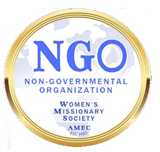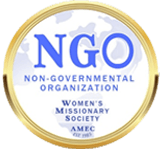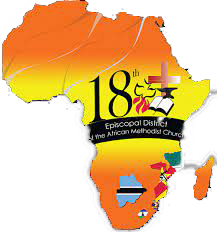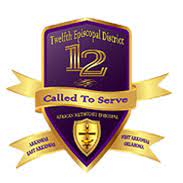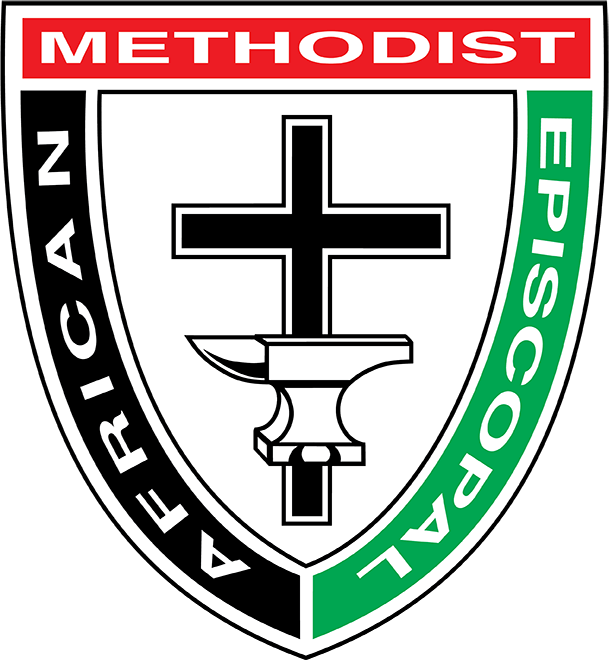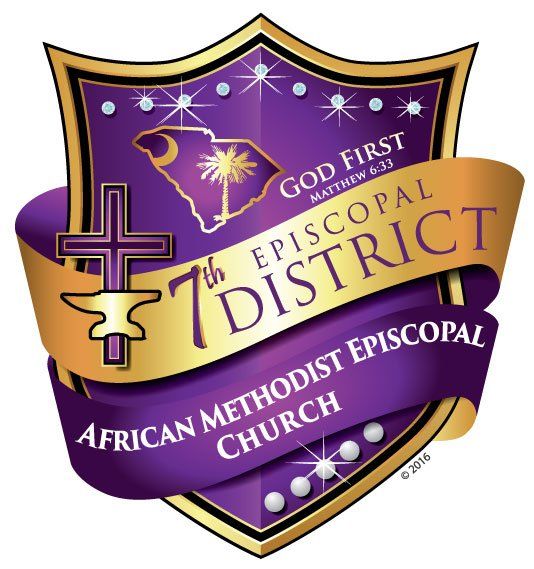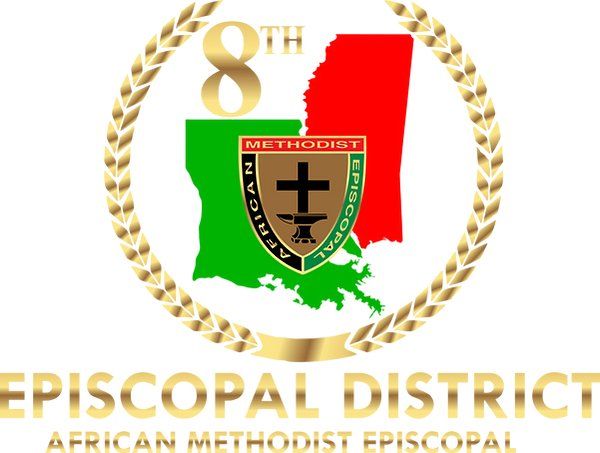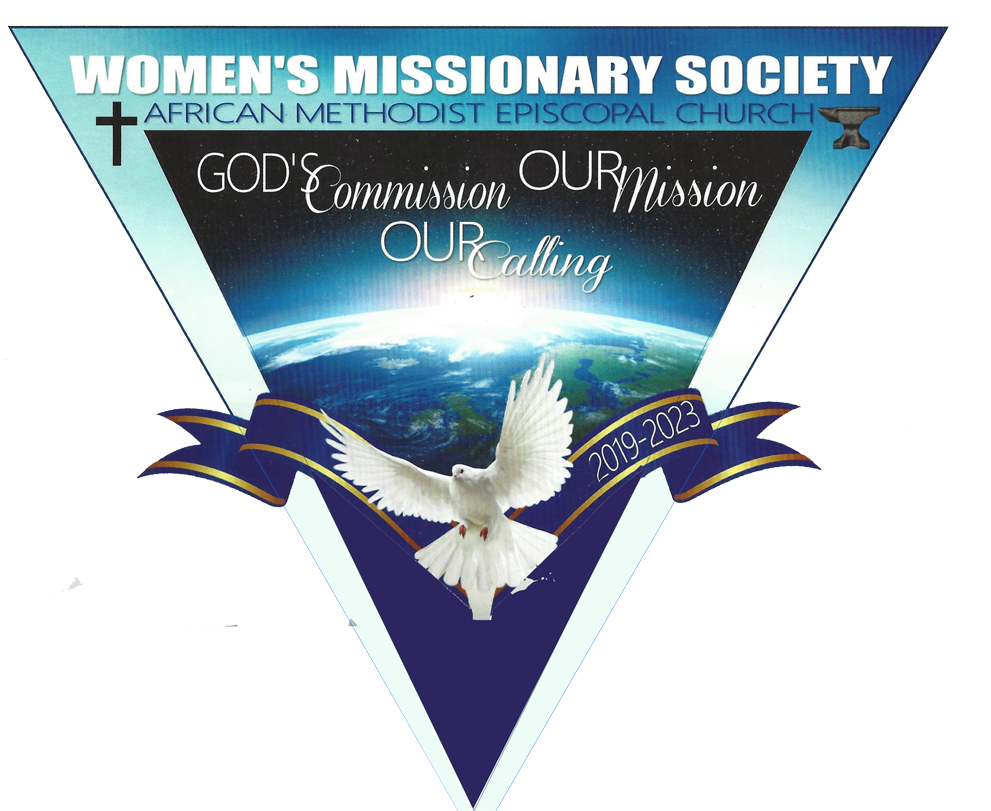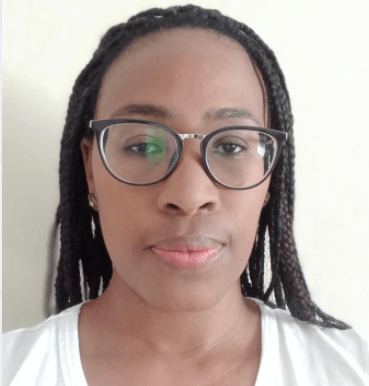
Ms. Happy Jackals
15th Episcopal District NGO Liaison
Presiding Prelate - Bishop Rev. Dr. Silvester Scott Beaman
Episcopal Supervisor - Mrs. Renee Palmore Beaman Episcopal WMS-AMEC President - Mrs. Phyllis Gets Too Close
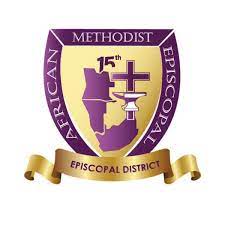
Cape S.W.A (Namibia), Kalahari, Queenstown, and Angola
Areas of Focus
Gender Based Violence (GBV) has been, for a very long time, a blemish to our South African communities. Societies free of GBV do not exist, and South Africa is no exception. Although accurate statistics are difficult to obtain for many reasons, including the fact that most incidents of GBV are not reported, it is evident South Africa has particularly high rates of GBV, including violence against Women and Girls and violence against Lesbians, Gays, Bisexual and Transgender people. The President of South Africa, His Excellency Cyril Ramaphosa, said “… it was men and not women who must change their behavior to bring an end to gender-based violence.”
Fact
Population based surveys show very high levels of Intimate Partner Violence and Non-partner Sexual Violence, with Intimate Partner Violence being the most common form of violence against women. Whilst people of all genders perpetrate and experience intimate partner and or sexual violence, men are most often the perpetrators and women and children the victims. More than half of all the women murdered were killed by an intimate male partner and not forgetting that many women are killed and raped by strangers and/or family members.
Why Advocate?
GBV advocacy is a deliberate process to influence decision-makers directly and indirectly, these decision- makers being the government, NGO’s, communities, churches, and relevant audiences to support and implement actions that contribute to health and the fulfilment of human rights, specifically in regard to GBV in humanitarian contexts.
For effective advocacy we will include activities that educate, persuade, pressure, mobilize and monitor people and institutions that can make or block change. The ultimate goal of our advocacy is change. The key issues that need to be addressed are that all victims of GBV need to speak out about the abuses that are taking place in their lives. Some or most victims of GBV die when no one is aware of what happened to them, which is very sad for their loved ones and the community at large.
Moving Forward
The church can become more aware and vigilant in this matter as some of the victims and perpetrators could be members of our churches, involved in the lives of our members or church leaders themselves.
This year, as difficult as it was, virtual GBV awareness and advocacy sessions were hosted by the different auxiliaries in the church. We will continue with virtual sessions and include more advocacy groups to enhance learning and create more robust dialogue.
